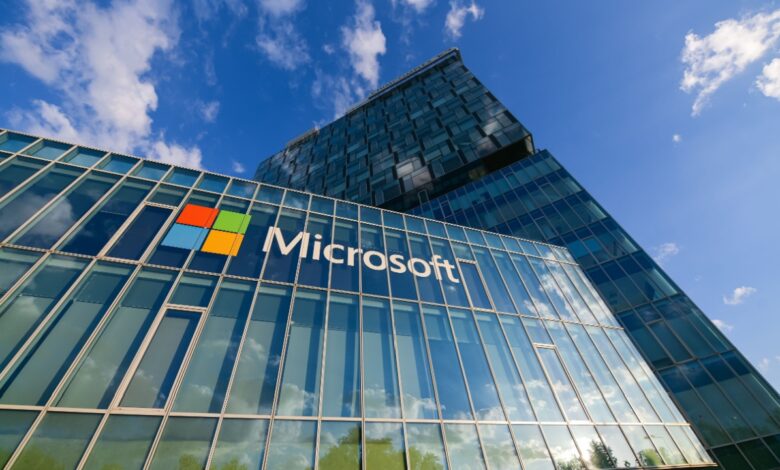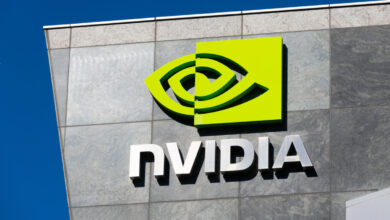Microsoft Pauses Its Launch of AI-Powered Recall Program

Tech giant Microsoft has decided to delay the rollout of “Recall,” its artificial intelligence (AI)-powered feature designed to track and store users’ computer activity.
The company announced on Thursday (June 13) that instead of rolling out Recall to all its new computers next week, it will take a more cautious approach by previewing the feature with a select group of users.
Touted as a game-changer in personal computing, Recall promised to create a searchable history of a user’s digital life, from web browsing to voice chats, allowing them to easily retrieve information from months past.
However, the feature quickly sparked concerns about potential privacy risks, with some social media users expressing fears of unauthorized surveillance.
Tesla CEO Elon Musk also weighed in on the controversy, likening Recall to a “Black Mirror episode,” referencing the popular Netflix series that explores the dark side of advanced technology.
“Definitely turning this “feature” off,” Musk wrote on X, formerly known as Twitter.
This is a Black Mirror episode.
Definitely turning this “feature” off. https://t.co/bx1KLqLf67
— Elon Musk (@elonmusk) May 20, 2024
Waiting for Feedback
In response to these concerns, Microsoft has decided to introduce Recall through its Windows Insider Program (WIP) in the coming weeks.
The WIP, a public software testing program with millions of “Windows biggest fans,” will provide valuable feedback before the feature is made available to all Copilot+ PC users.
Microsoft said in its announcement that the decision to delay the broad release of Recall is “rooted in our commitment to providing a trusted, secure and robust experience for all customers and to seek additional feedback.”
“Additionally, as we shared in our May 3 blog, security is our top priority at Microsoft, in line with our Secure Future Initiative (SFI),” the company said. “This is reflected in additional security protections we are providing for Recall content, including ‘just in time’ decryption protected by Windows Hello Enhanced Sign-in Security (ESS), so Recall snapshots will only be decrypted and accessible when the user authenticates. The development of Copilot+ PCs, Recall, and Windows will continue to be guided by SFI.”
The Copilot+ PCs, unveiled in May, are a new category of personal computers equipped with AI features.
Growing Privacy Concerns
The decision to delay the widespread launch of Recall highlights the growing importance of addressing privacy concerns in the rapidly evolving world of AI.
As tech companies race to introduce groundbreaking AI features, they must also navigate the complex landscape of user trust and data protection. Microsoft’s choice to preview Recall with a smaller group of users demonstrates a proactive approach to gathering feedback and identifying potential issues before fully committing to a public release.
Privacy concerns surrounding AI-powered features like Recall are not unfounded.
The ability to track and store a user’s digital footprint, from web browsing history to voice conversations, raises questions about data security and potential misuse. In an era where personal information is increasingly valuable and vulnerable, tech companies must prioritize transparency and user control over their data. By engaging with the Windows Insider Program community, Microsoft aims to foster an open dialogue about Recall’s features and address any concerns that may arise.
Moreover, the development of AI technology is still in its early stages, and the long-term implications of features like Recall are not yet fully understood. As these technologies become more sophisticated and integrated into our daily lives, tech companies must take a measured approach to their implementation.
By carefully evaluating the impact of AI features on user privacy and making necessary adjustments based on feedback, companies can build trust with their customers and ensure that the benefits of these innovations outweigh the potential risks.
Microsoft’s decision to delay Recall’s launch serves as a reminder that responsible AI development requires a balance between innovation and caution, with user privacy always remaining a top priority.



